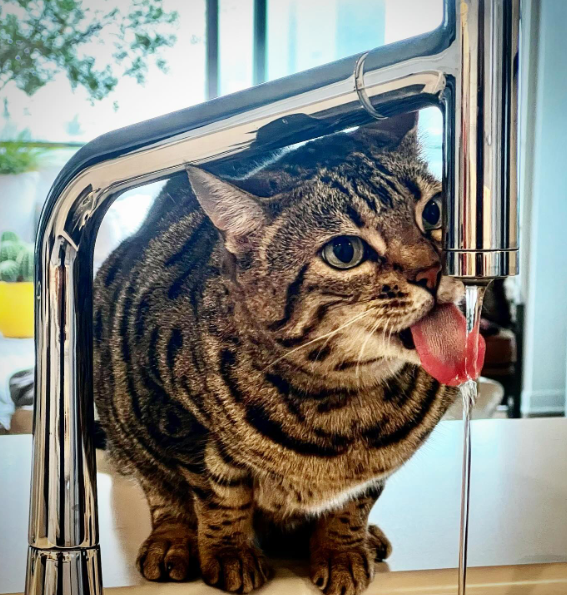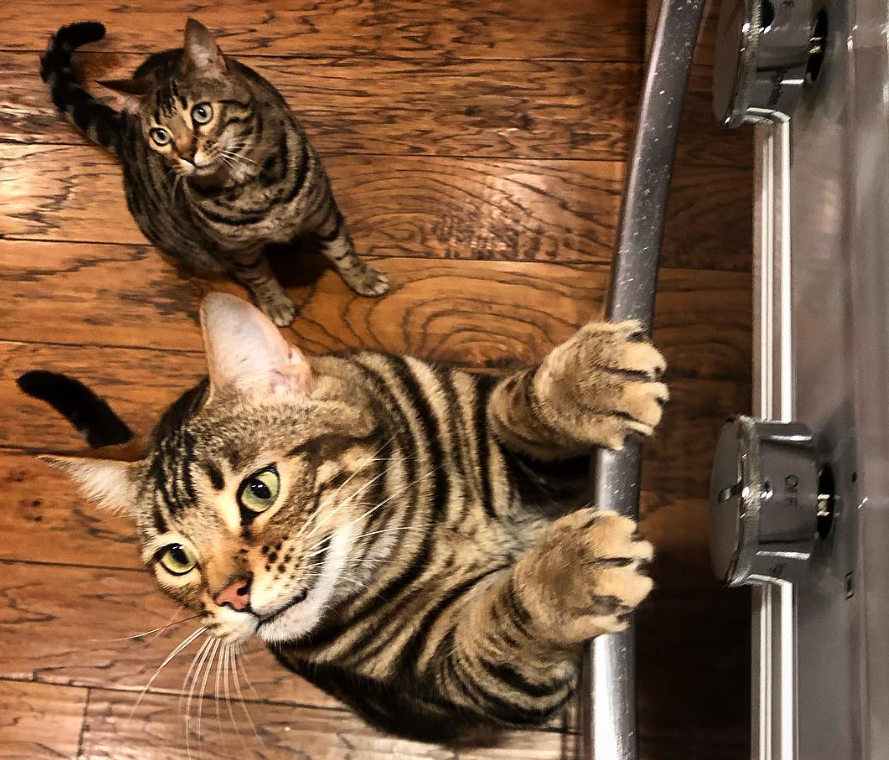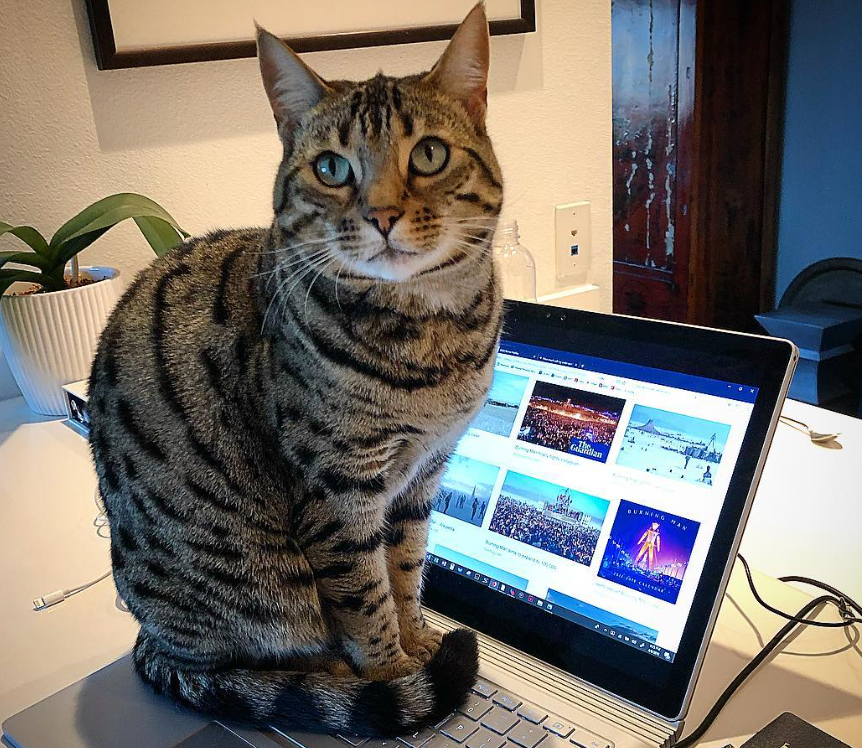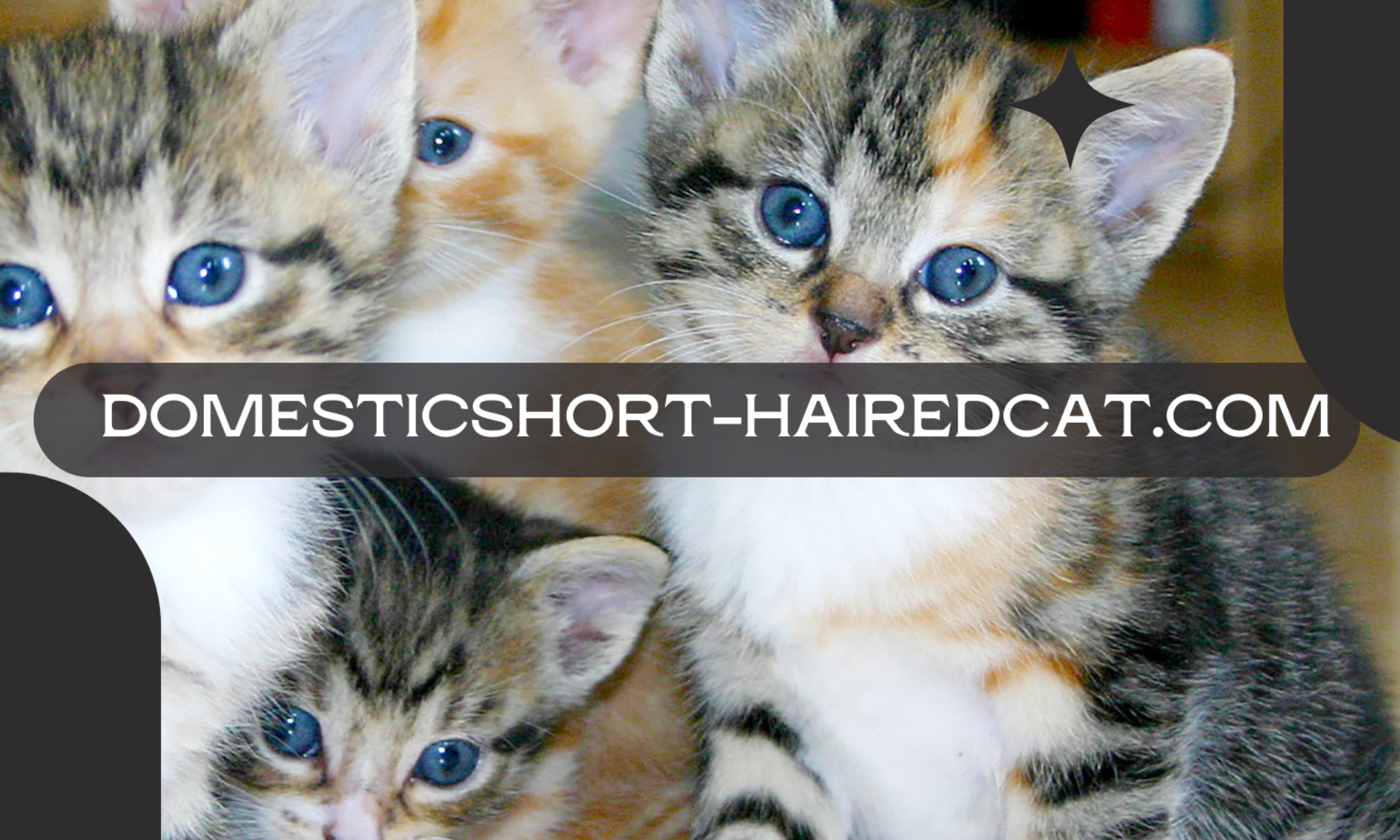Bengal cats are a unique and beautiful breed that has become increasingly popular over the years. However, as with any breed of cat, it is important to consider their potential health problems before bringing one into your home.
I understand the importance of ensuring that our furry friends are healthy and happy. In this article, I will explore the common health problems that Bengal cats face and provide helpful information for those considering adding one to their family.
Here we go:

In the following sections, I will delve deeper into these common health concerns and provide tips for preventing and treating them.
Genetic Predispositions
Bengal cats are generally healthy but they can be predisposed to certain genetic diseases.
One of the most common inherited diseases in Bengal cats is progressive retinal atrophy (PRA). This disease causes the degeneration of the retina, leading to vision loss and, in some cases, blindness.
Another genetic disease that Bengal cats can be predisposed to is hypertrophic cardiomyopathy (HCM), which affects the heart muscle and can lead to heart failure.
Eye Conditions
Bengal cats may be prone to certain eye conditions, such as progressive retinal atrophy (PRA), cataracts, glaucoma, uveitis, and conjunctivitis.
PRA is a genetic condition that causes the retina to degenerate over time, leading to blindness.
Cataracts are another common eye condition that can cause cloudiness in the lens, leading to vision problems.
Glaucoma is a condition that causes increased pressure in the eye, which can damage the optic nerve and lead to blindness.
Uveitis is an inflammation of the eye, which can cause redness, pain, and vision problems. Conjunctivitis is an inflammation of the conjunctiva, which can cause redness, discharge, and discomfort.
Heart and Vascular Issues
Bengal cats may also be prone to certain heart and vascular issues, such as hypertrophic cardiomyopathy (HCM), feline infectious peritonitis (FIP), and hypertension.
HCM is a condition that causes thickening of the heart muscle, which can lead to heart failure.
FIP is a viral disease that can cause fluid buildup in the abdomen and chest, leading to breathing difficulties. Hypertension is high blood pressure, which can lead to damage to the heart, kidneys, and other organs.
Other Serious Health Concerns

Besides the above-mentioned health concerns, Bengal cats may also be prone to other serious health issues such as feline leukemia virus (FeLV), lymphoma, renal failure, diabetes, hyperthyroidism, and liver disease.
It is important to note that not all Bengal cats will develop these conditions, and some may never experience any health problems.
If you notice any symptoms of health problems in your Bengal cat, such as changes in appetite, behavior, or litter box habits, it is important to take them to a veterinarian for evaluation.
Treatment for health problems in Bengal cats may include medication, surgery, or other interventions, depending on the specific condition.
As a responsible Bengal cat owner, it is important to stay informed about your cat’s health and to work closely with your veterinarian to ensure their well-being.
Common Health Issues
Bengal cats can also develop common health issues that affect all cats, such as dental disease, obesity, and allergies.
Dental disease can lead to painful teeth, poor oral hygiene, and gum infections.
Obesity can lead to weight loss, lethargy, and loss of appetite. Allergies can cause skin irritation, itching, and hair loss.
Preventive Care and Management

Preventive care and management are essential for keeping your Bengal cat healthy and happy.
Regular visits to the veterinarian are important for detecting and treating health problems early on. Vaccinations and routine grooming can also help prevent health issues.
Feeding your cat a healthy diet and providing fresh water and opportunities for play and exercise can help prevent obesity and other health problems.
In addition, pet insurance can provide financial protection in case of unexpected health issues or emergencies.
As a Bengal cat owner, I know that taking care of your cat’s health is essential for ensuring a long, healthy, and happy life.
How long do Bengal cats typically live?
Bengal cats have a lifespan of around 12-16 years on average. However, with proper care and regular veterinary check-ups, they can live even longer.
As mentioned earlier, Bengal cats are prone to certain health issues that can affect their lifespan.
What should potential Bengal cat owners consider regarding their health maintenance?
Bengal cats require regular veterinary check-ups, vaccinations, and parasite prevention.
They are also prone to dental issues, so it is important to keep their teeth clean. A healthy diet and regular exercise are also important for maintaining their overall health.
Potential Bengal cat owners should be aware of the breed’s potential health issues and be prepared to provide the necessary care.
Is there a particular type of anesthesia recommended for Bengal cats during medical procedures?
Bengal cats are sensitive to certain types of anesthesia, such as ketamine and propofol. It is recommended to use isoflurane or sevoflurane anesthesia instead.
It is important to discuss anesthesia options with your veterinarian before any medical procedures.
